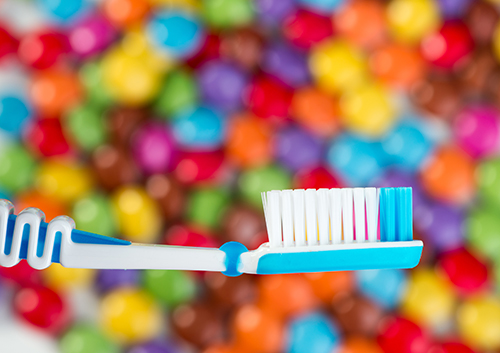How do I know if I need dentures?
July 31st, 2024

The choice to get dentures is a permanent decision so there are several important factors you should take into consideration. Many people have teeth that are not able to be repaired due to a variety of reasons, but for those who have the option and the money to repair their natural teeth they need to consider every choice they may have.
You have a choice!
Yes, it’s true! We do have a choice about whether we will have to have dentures in the future. Many people don’t realize that just by taking certain precautions they can actually prevent any serious issues from arising. For example, it’s very easy to reschedule that dental cleaning. However, it’s very important that you keep every appointment because Sandra Martin will be able to catch small problems before you even realize you have them. Also, if there are any signs of gum disease you will know early enough to stop any further damage. One of the main reasons that many people end up needing dentures is because of either gum disease or because severe cavities have cause too many teeth to be extracted.
If you notice any of the following you should make an appointment at our Wake Forrest, North Carolina office right away:
- Teeth are moving further apart
- Soreness or tenderness of the gums
- Trouble eating hard food
- Sensitivity
- You have already lost several teeth
- Toothaches
The key to avoiding dentures is prevention. Avoiding dentures is not impossible and can be as simple as staying on top of your oral hygiene. However, if you are currently experiencing any dental issues you should see Sandra Martin now, because a small problem can quickly escalate into a very large and expensive dental procedure.




